The Islamic Revolution of 1979 dealt a significant blow to religious minorities, severing their engagement in Iranian society on a catastrophic level.
According to information published by the Statistical Center of Iran, the Muslim population in Iran grew two and a half times between 1976 and 2016, while the number of religious minorities and those who refused to declare their religion has remained almost constant during this period. This indicates that a large number of non-Muslims that once lived in Iran have been forced out of their homes and communities.
Iran’s Jewish community was among them. Before the revolution, Iranian Jews played an active role in the social, political and economic life of the country. According to the census conducted in 1956, about 65,000 Jews lived in Iran at the time. Today, Jewish people in Iran number less than 20,000. Ayatollah Ruhollah Khomeini, the founder of the Islamic Republic, made his anti-Semitism clear from the start, expressing his views in speeches as early as the 1960s.
After the events of 1979, many Jewish people were forced to emigrate, but accusations that Jewish people were engaged in "espionage for Israel and Mossad" sparked fear even before the revolution, prompting some families to leave even before the consequences of the revolution became clear.
IranWire spoke with Orly Noy, an Iranian-Israeli journalist and translator, about the peaceful life Jewish and other minority religious communities enjoyed in pre-revolutionary Iran.
***
"My parents were Jews originally from Isfahan; my family name is Abginehsaz. I was nine years old when I left Iran with my father, mother and brother. It was before the revolution. In fact, I left Iran on January 16, 1979. But I have many memories of Iran. I remember we went to Isfahan on summer vacations. I remember the winters on Shemiran ski slopes and our trips to Shiraz very well."
Asked why she changed her last name, Orly Noy said: "Noy is my husband's surname; it also means ‘beautiful.’ I changed my last name to my husband's name after marriage, because Abginehsaz [‘glassmaker’], although having a very beautiful meaning, was very difficult to pronounce and write in Hebrew."
She recalled that after leaving Iran and arriving in Israel, she and her brother were alone for a period while their parents returned to Iran to wrap up their affairs. "The Iran-Iraq war had not started yet. The borders were open and the pressure on Jews to leave Iran was not yet at its peak. My parents returned to Iran for three or four months to sell their house and so on because we had gone to Israel empty-handed."
Mixed Schools Where Muslims and Jews Learned Together
"We were a middle-class family. Our lives were comfortable. My father was the manager for a branch of Bank Saderat and my mother was a housewife. There was a Jewish quarter in Tehran, but we lived in another neighborhood. We were surrounded by Muslim, Baha'i and Armenian neighbors. My brother and I attended the Kourosh school, a school for Jewish children; we had Hebrew and Torah lessons. But non-Jewish children from Christian and Zoroastrian minorities also went to our school.
"My closest friends as a child in Tehran were an Armenian girl and a Zoroastrian girl. I also had a Muslim friend; she was a neighbor and a classmate. My friend's mother would not offer me bread or sweets when I went to their house during the Pesach holiday, when we don’t eat bread. That’s how well her family knew us.”
Orly Noy, who is also sometimes known as Mojgan Noy, says in the days of her childhood, there was a strong respect for freedom of opinion.”I am not saying that everything was great at that time; that much I know from my time as a peace activist and a critical journalist. As much as I criticize the regime of the Islamic Republic for its political behavior and treatment of its citizens, I am also a serious critic of the Israeli government. But my observations of my own life and that of those around me in the pre-revolutionary period show that people lived together freely and enjoyed civil rights, despite not having the full right to freedom of expression.”
She remembers how Jews and Muslims lived side by side in pre-revolutionary Iran: "A close relative of my mother married a Muslim man. I was a child, but I have such a vivid memory of socializing with them, and after all these years, I still remember the name of the ‘rebellious’ Muslim family. The groom was close friends with my father. They lived in Bandar Abbas and I visited them many times with my family. Our family did not reject our relative because she married a Muslim, and the Muslim family didn’t try to change the bride's opinions or make her cut off her relationship with her family. This may not have been the norm, but it certainly wasn’t a crisis for people to marry outside of Judaism."
Musa Abginehsaz, Orly's father, died a few years ago. She says her mother, Parvaneh Farhadian, is quite ill and suffering from complications from a stroke, so she is not able to talk to her much about the past.
IranWire asked Noy if she had any unpleasant memories, any recollections of having to deal with racism or discrimination. "To be honest, not so much that it had a big impact on our lives. For example, my father worked as a bank manager for many years and held a very good position. He also served in the Iranian army, and on my mother's table there is even a photograph of him receiving a gold watch, a gift from the Shah. But I remember when we went to my grandparents' house in Isfahan, there was a very religious Muslim man who lived in their neighborhood and never wanted to walk behind a Jew in the alley at any cost. When we saw him, he would begin to walking faster to get ahead of us. It was a kind of game for us. I posted on Twitter a few days ago saying I never heard from my parents that the Iranian people used the word ‘johud’ [‘Jew’ in Persian] to their faces, but I have seen the word used on Twitter as a term of humiliation against Jews."
Keeping Iranian Culture and Art Alive
Orly Noy spent her early childhood in Iran, but then when she was nine, the family left for Israel, a land that has always been in conflict with her native country. She says she has tried to keep Iranian culture and art alive in her life, and in her family’s life. "My husband is European-Israeli. I have two daughters who unfortunately do not speak Persian. But despite all this, I celebrate Nowruz every year with a Haft Sin table and a big feast. I invite non-Iranian friends over. I explain to them what everything on the Haft Sin means. Although we are vegetarians and Iranian food often includes meat, we cook our Iranian food without meat. My children love fesenjan and ghormeh sabzi and listen to Iranian music, although they do not know the meaning of the lyrics of Sima Bina and Shajarian."
She has worked as a translator, and she has made sure to keep speaking Persian. In 2012, she translated one of the most important Iranian satirical novels, "Daei Jan Napoleon" [Uncle Napolean] by Iraj Pezeshkzad, into Hebrew. Pezeshkzad died in Los Angeles at the age of 94 a few days before IranWire's conversation with Orly Noy. "I remember very well how my fingers trembled when I dialed Mr. Pezeshkzad to tell him the Hebrew translation of Uncle Napoleon had been published," she said.
Just after it was published, Orly Noy told Radio Farda she had translated it "to help Israelis get to know Iran and Iranian society. The book prevents them from having a one-sided perspective arising from enmity and hostility, which might portray Iranians as not having a culture, past, or history, when we are talking about a nation and a country with a history, culture and rich civilization."
Related coverage:
Antisemitism and Holocaust Denial in Iran: A Review of State Narratives Since 1979
Battling COVID, Iran Regime Makes Jews its Bogeyman
Debunking the Rothschilds Conspiracy Theory: From Frankfurt to Tehran
Khamenei’s Open Dream: Finishing Where Hitler Left Off
Khamenei’s Loyal Penman Links Quran to Holocaust Denial
Decoding Iran’s Politics: Anti-Semitism in Iran
Iranian State Media Decries Biblical Animated Film as “Zionist Infiltration”
Anti-Semitism and Neglect Have Destroyed a Historical Jewish School in Isfahan
Vandals Attack Synagogues in Shiraz
Abadan Jewish Cemetery in Ruins
Crime and Denial, or Why Does the Leader of Iran Deny the Holocaust?
Eye for an Eye Justice, But Not For Jewish Victims in Iran
''Jews Use Sorcery for Espionage''
Weekly Khamenei Report: Against Freedom of Expression, For Holocaust Denial
Top Saudi Official Visits US Holocaust Museum
Crime and Denial, or Why Does the Leader of Iran Deny the Holocaust?
Iran’s Cartoon Goons: Behind the Scenes of the Holocaust Cartoons Exhibition
Propaganda, Cartoons and Zarif’s Lie
visit the accountability section
In this section of Iran Wire, you can contact the officials and launch your campaign for various problems




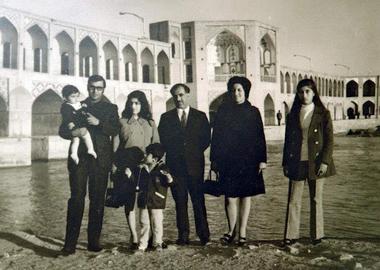
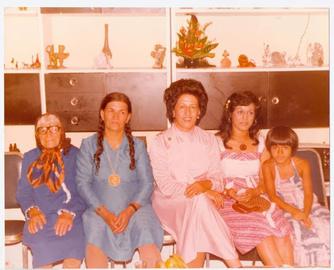
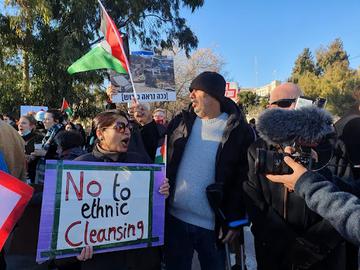
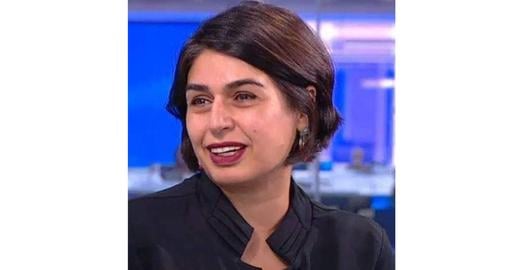


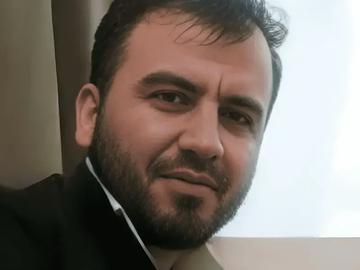


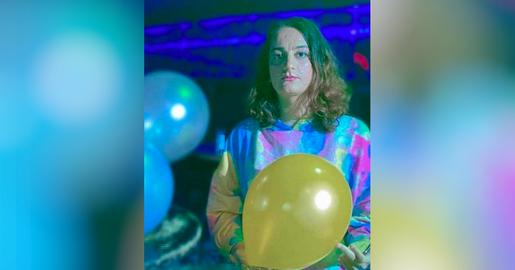


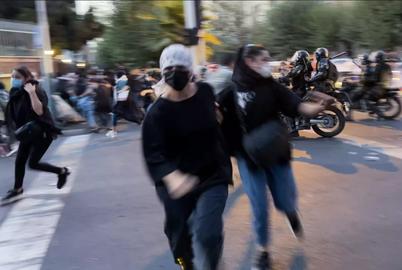
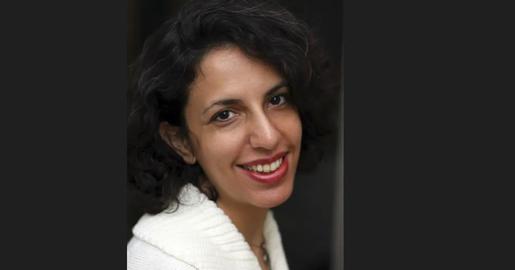
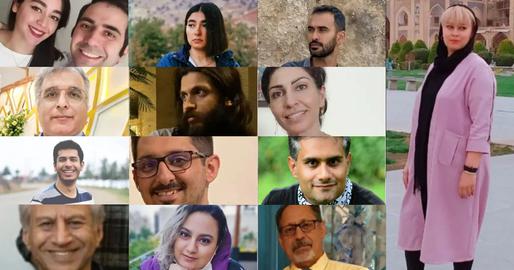
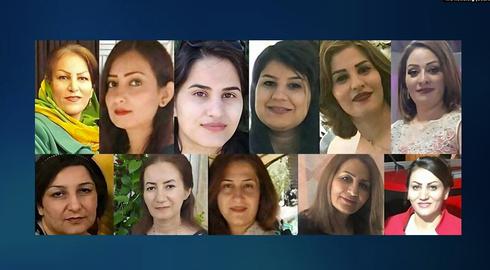

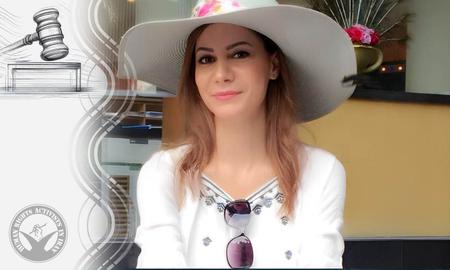


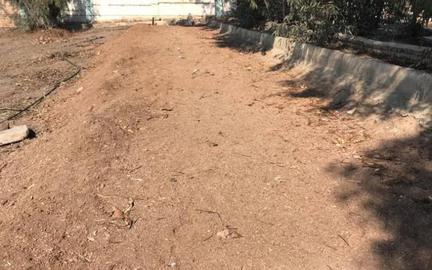

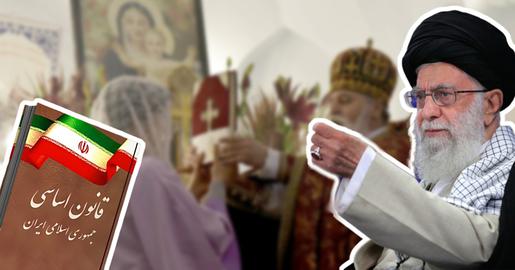

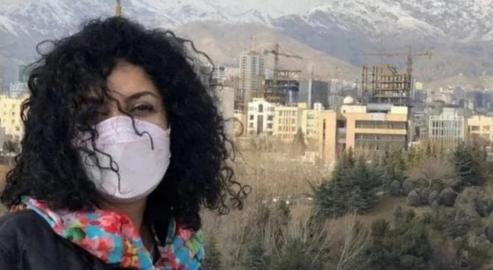
comments